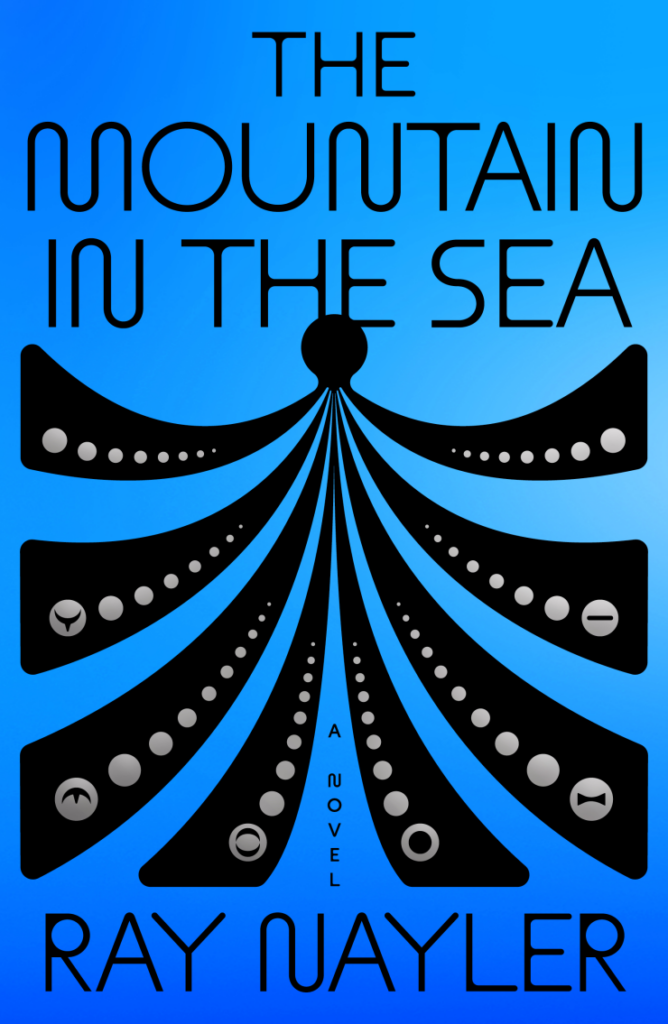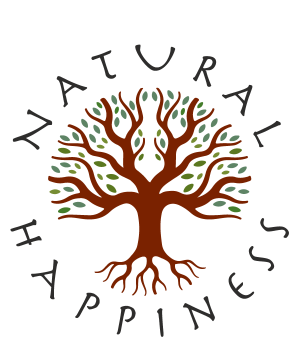Book blog: The Mountain in the Sea, by Ray Nayler
Communication insights from an octopus
 If you’d like to appreciate the upsides of present times through a book about a dysfunctional future, this novel could suit you: but that’s only half its story. Without being at all didactic, Ray Nayler draws us into a deep exploration about the nature of consciousness and reality.
If you’d like to appreciate the upsides of present times through a book about a dysfunctional future, this novel could suit you: but that’s only half its story. Without being at all didactic, Ray Nayler draws us into a deep exploration about the nature of consciousness and reality.
The four main characters are two humans, an android, and… an octopus. The first three are running a marine research project, funded by a shadowy mega-corporation trying to understand how the octopus, a highly intelligent and usually solitary creature, has rapidly evolved its intelligence in order to survive the ecological collapse of its ocean habitats.
Ha Nguyen, the (human) central character, has to stretch her rational scientific training into a consciousness that embraces imagination, dreams, and seeing the world through the life-view of the octopus. It’s a powerful and moving experience for the reader, nudging us beyond our usual, highly selective, humanocentric view of reality.
 This novel is set in an unspecified future time, maybe only decades ahead of the 2020s. The political, economic and ecological systems we know today have all collapsed, and are replaced by huge, shadowy, totalitarian organisations which are both businesses and governments.
This novel is set in an unspecified future time, maybe only decades ahead of the 2020s. The political, economic and ecological systems we know today have all collapsed, and are replaced by huge, shadowy, totalitarian organisations which are both businesses and governments.
Robots and artificial intelligence are completely entwined with human life. People travel in automated vehicles, goods are delivered by autofreighters, many routine tasks are robotised. But hackers can reprogramme robots to kill people. And the shadowy organisations have gnat-sized drones which can kill someone before they even notice. Some humans are trafficked into slavery, doing jobs where they are cheaper than robots, for example on factory fishing ships where the ‘captain’ is a computer, but the menial workers are people.
The android is another thought-provoking character, a hugely expensive, controversial experiment: Evrim explains, “I think what they were looking for was a being that was human in… let us say cognitive aspect. They wanted me to think like them.” But Evrim admits to feeling often “aslant… alien”, and Ha notes a lack of empathy, of fellow-feeling for humans and other life forms.
For me, this vision of the future feels possible, and informative, but curiously it didn’t depress me. Maybe naively, I hope that some of us humans still have enough awareness and skills that we can avert a future as bleak as this. I suspect that ecosystems will collapse, that the oceans could become quite sterile, but I believe there are partial antidotes, strategies which can somewhat sustain the quality of life for humans and other life forms.
I highly recommend this book, both to open our ideas about consciousness and inter-species communication, and for its picture of a grim future we need to avoid. Ray clearly did a lot of research to create this book: his central character, Ha, wrote a book called How Oceans Think, and Ray says he was inspired by Eduardo Kohn’s book, How Forests Think. He also references books on topics I’d never heard of: biosemiotics and cybersemiotics. The quest for meaning never ends!
